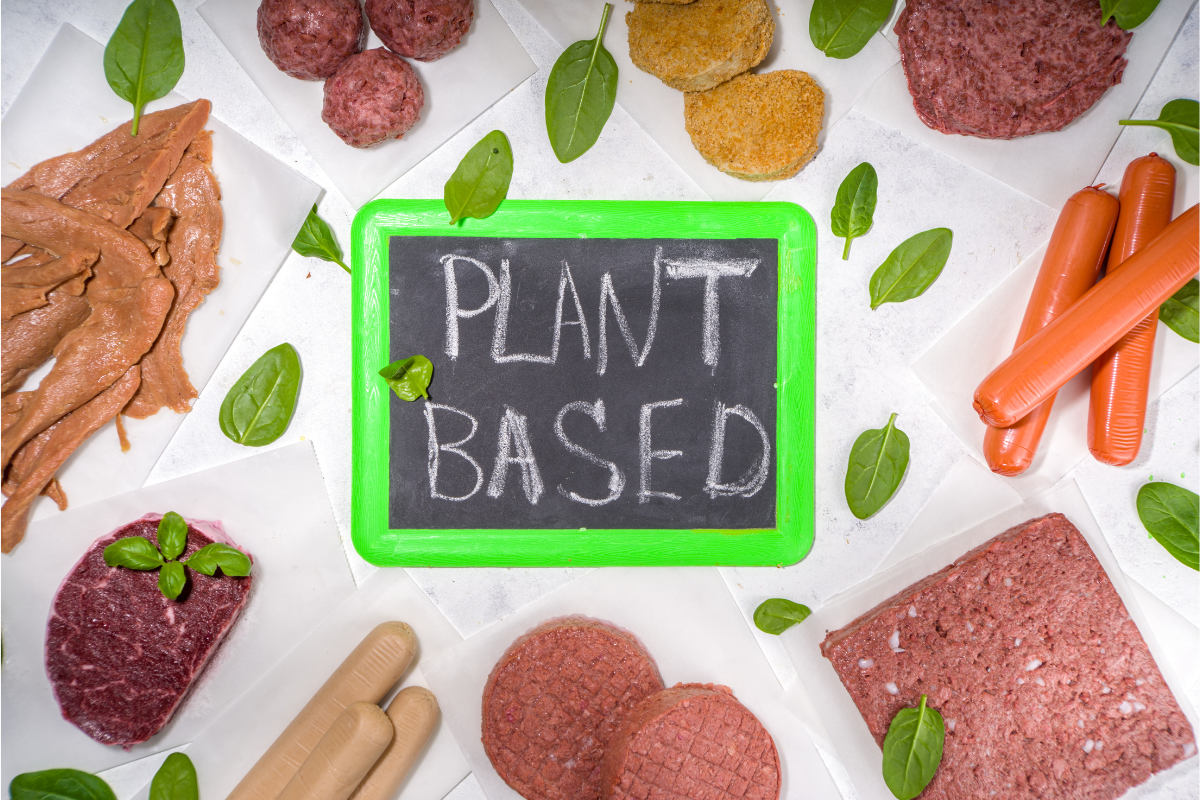Many of us are making the journey to a plant-based diet and are excited about the prospect. However, there are several problems that we see or hear from those who follow a plant-based diet.
One typical complaint is that plant-based eaters are often weary or weak! What causes this to happen? Let's find out:
One of the primary causes of fatigue is a lack of vital nutrients, such as vitamins and minerals like B12, iron, D3, magnesium and proteins, and omega 3 if we consume relatively fewer animal products. When we move to a new diet that is more restrictive than what we are accustomed to, it is common to lose out on key vitamins and minerals.
Let us look at what we can do to help:
- Take the help of iron
Lack of iron in our body causes fatigue most of the time. We can cure this by consuming iron from plant-based sources such as chickpeas, green leafy vegetables, black-eyed peas, soybeans, crushed flax seeds, cashews, white peas, pumpkin, and chia seeds. All of these will help in the reduction of exhaustion levels.
- Increase B12 intake
B12 helps in the formation of red blood cells and the proper functioning of our nervous system. It leads to fatigue in its absence. You can increase your B12 intake by consuming plant-based food such as plant-based milk (almond milk, soy milk, oat milk, etc.), fortified cereals, plant-based yogurt, meat alternatives, etc.
- Get more protein
A sufficient protein intake reduces fatigue. You need to eat a proper amount of legumes and lentils, tofu, whole grains, meat substitutes, not too much and not too less. Plus, if you are a workout lover, you will need more protein. Get help by consuming plant-based protein powders in your workout routine.
- Keep omega 3 fatty acids in mind
Omega 3 fatty acids are essential for optimum health. Chronic fatigue syndrome is linked to low omega-3 levels. Chia seeds, seaweed, flax seeds, walnuts, quinoa, chickpeas, pumpkin seeds, broccoli, soya beans, and other foods can help you get enough omega-3.
- Vitamin C, magnesium, and iodine
Magnesium deficiency can cause fatigue. Magnesium-rich foods include black-eyed peas, tempeh, soy nuts, cooked beans like black, lima, navy, pinto, chickpeas, tofu, almonds, cashews, flaxseed, and other legumes.
Iron absorption in the body has been demonstrated to be improved by vitamin C. Getting enough vitamin C will help you stay energised as a consequence. Simply increase your intake of citrus fruits, tomatoes, red and green peppers, spring greens, raspberries, cabbage, and other similar items.
Iodine deficiency is also linked to weariness and weakness. Iodine insufficiency causes low thyroid hormone levels, which makes you feel tired, sluggish, and weak. Other foods that can aid include seaweed, iodized salt, cranberries, potatoes, and others.
- Eating filling and balanced diets
When we're on a diet, we sometimes neglect to eat enough to satisfy our appetite and opt for a minimal diet. This is ineffective since our stomachs are still not satisfied, and we will continue to eat snacks throughout the day. If you want to feel energised and not hungry throughout the day, you'll need to stick to a balanced diet and meal plan. Filling meals include cauliflower curry, buddha bowl, pasta salads, chickpea salads, lentil vegetable soups, and so on.
Bonus tip: Getting enough sleep and exercising regularly can help you stay energised and in excellent health.
Eating a plant-based diet becomes all the more joyful when you feel energised and active. We hope these tips will help you create a healthy, fulfilling and sustainable diet.

